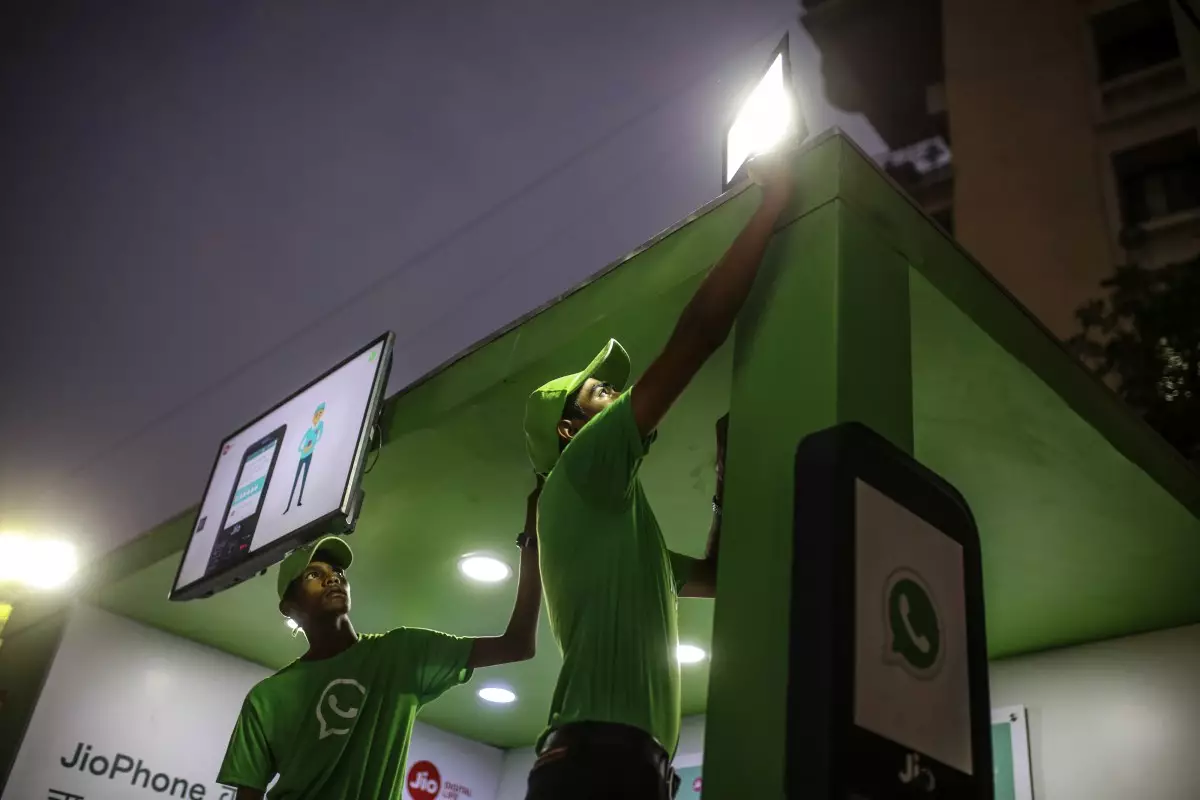In a groundbreaking move, India has granted WhatsApp permission to expand its payment services across the nation, marking a significant achievement for Meta, the company behind WhatsApp. This decision comes as a strategic entry into a lucrative market where the instant messaging app boasts over 500 million users. The National Payments Corporation of India (NPCI), the body responsible for regulating payment systems in the country, has lifted the previous restrictions on WhatsApp Pay, abolishing the cap that limited its user base to 100 million. This new phase represents a pivotal shift in the Indian regulatory landscape, enabling WhatsApp to finally unleash its full potential in a highly competitive fintech environment.
The Path to Full Scale: Overcoming Regulatory Hurdles
Historically, WhatsApp has faced several regulatory hurdles concerning its payment services. The NPCI had initially imposed a cap of 40 million users when it allowed WhatsApp Pay to enter the market in 2020. This limit was gradually increased to 100 million in 2022, highlighting the cautious approach adopted by Indian regulators in handling digital payment systems. Despite these restrictions, the demand for convenient and reliable payment services has surged, driven by the growing penetration of smartphones and internet connectivity in India. The NPCI’s recent decision reflects a newfound confidence in WhatsApp’s ability to operate autonomously within India’s robust Unified Payments Interface (UPI) ecosystem.
WhatsApp’s expansion comes at a time when India’s UPI platform stands at the forefront of digital transactions, processing over 13 billion transactions monthly. Currently, the market is dominated by strong players such as Google Pay and PhonePe, which collectively command more than 85% of the UPI transaction market. As WhatsApp joins this competitive fray, it brings with it a unique advantage: an established user base that is already familiar with the platform. However, in order to carve out its niche, WhatsApp must quickly innovate and provide compelling use cases that resonate with Indian consumers.
One significant development accompanying WhatsApp’s expansion is the NPCI’s postponement of a proposed 30% cap on any single application’s transaction share on the UPI network. Originally intended to ensure a balanced market, this rule has now been deferred for two years, with an implementation date set for December 31, 2026. This delay presents an opportunity for WhatsApp to build its user base and develop robust payment functionalities without the immediate pressure of competition curtailing its growth potential.
The Road Ahead: Enriching User Experience
As WhatsApp embarks on this journey, the company remains committed to enhancing the user experience by making payments seamless and secure. A WhatsApp representative affirmed the goal of adding value and convenience through diverse use cases, including bill payments, shopping, and ticket bookings. This essential focus on utility, combined with the already large user engagement, could propel WhatsApp Pay into a formidable position within India’s dynamic payment landscape, fostering competition that will ultimately benefit consumers in their everyday transactions.
This regulatory milestone heralds not just a win for WhatsApp, but a significant evolution within the Indian fintech landscape, where innovation will dictate the future of digital payments. As the market adjusts to this new reality, all eyes will be on WhatsApp to see how it leverages this opportunity to redefine the digital payment experience in India.

